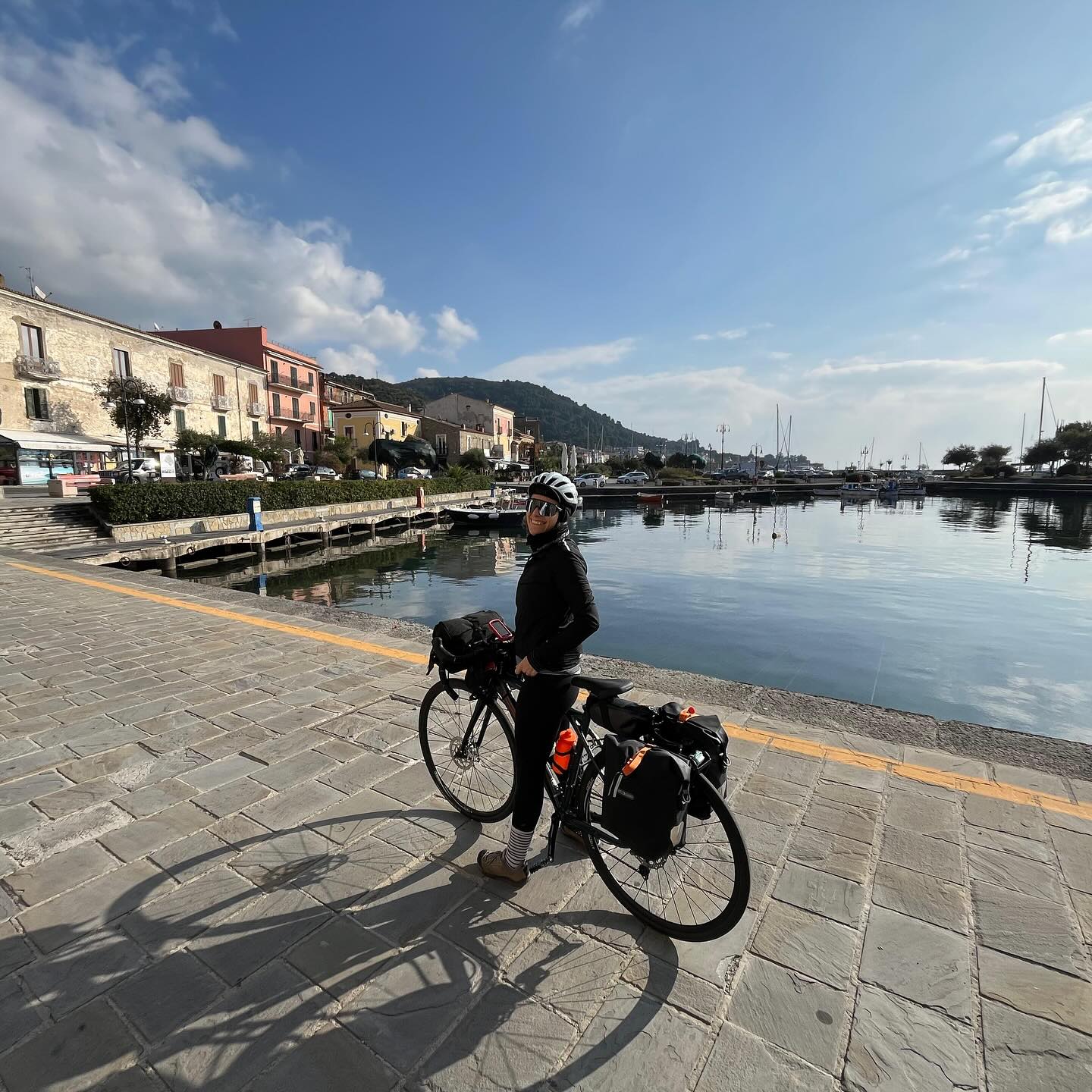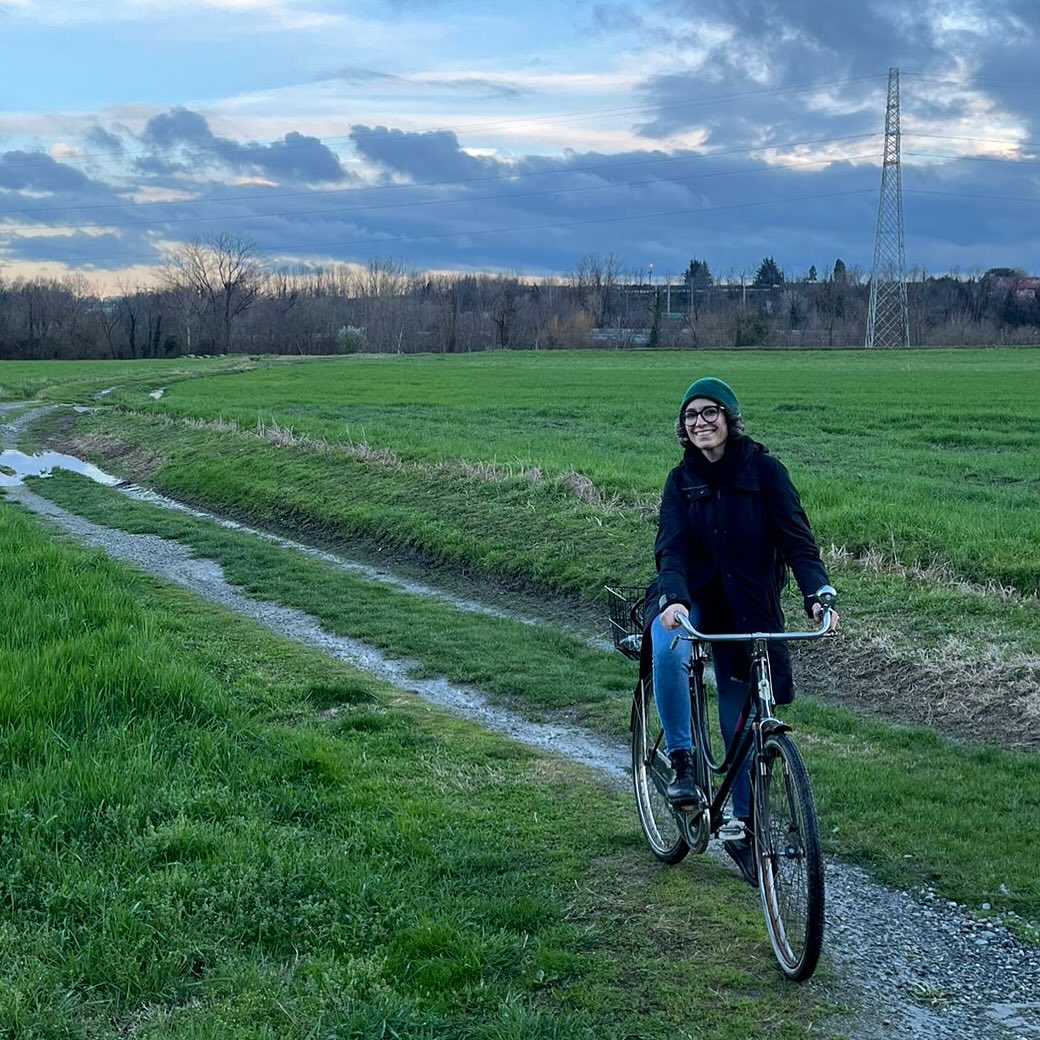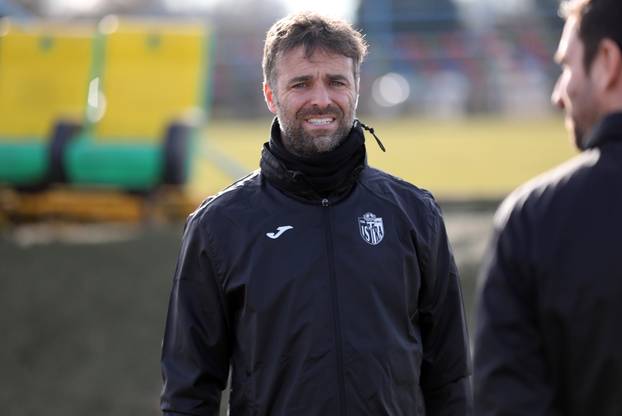Elisa Gallo’s bike -sized city: « It contributes to individual and collective benefits »

On social media it is active in creating a culture of the bicycle, as a political act: «It is also synonymous with emancipation. We must reduce the number of cars on the roads and give dignity to those who move on foot and by bike «
« The city of the future? It moves on two wheels and allows people to re-appropriate the public space ». Word Elisa Galloborn in 1981, national councilor of the Italian Federation of the Environment and Bicycle, grown in Alba, who moved to Turin to study international and diplomatic sciences, which on social media is active in create a cycling culture, as a political act. « It is necessary to drasticly reduce the number of cars on the roads, disincentive their use, give dignity to those who move on foot and by bike, because it does not make good only to themselves, in terms of time, money saved and psycho-physical well-being, but also to the entire community », tells the Corriere della Sera. «Since I was a girl I occasionally used the bike to move in Alba. In Turin, where I lived in the suburbs, I started moving on a scooter, until in 2008 they stole it and I decided « enough engines, I start pedaling ». The theft was, an opportunity: I then started to participate in local activism for the claim of spaces, rights and security For those who choose the bicycle as a means of transport, because it was the reality that I lived every day that seems to be unfair to me « , he recalls, citing the first » bike pride « of » Fiab Turin Bike Pride « , the festive parades that since 2010 once a year fill the streets of the city to show the pride of using the bicycle and the sound saving in Rome (2012).
The story on the two wheels came later: the first post on Instagram themed bike, which is the second on that social network, is on May 27, 2013, the day after its first bike pride. From 2021, then, it has been active with the newsletter « I often talk about bikes » where He shares projects and reflections on mobility and leads to discover the most beautiful places where he pedaled, With particular attention to women. On social media, interviews and events, «it is important to show that for pedaling in the city you don’t need to be sporty or trained Or that a bike trip can be done in many ways, it is not necessarily long, far or tiring, just go around the corner. It is the experience that matters, « he adds.
In the posts he tells how the bike is Synonym for alternative mobility, but also of emancipation: «It is undoubtedly a fun vehicle, to take walks, with friends or family, to keep fit, but above all it is a means that is also an environmental, economic, social and health policy. Contributes to individual and collective benefits, who go beyond the single person who uses them. It is a means of relationships, connections with other people and with the territories. Even those who do not pedal and do not want to pedal can benefit from the choice of others to use the bike: each extra bike is one less car, it is more public space really available, it is better quality, it is more security and it is also a healthier person who will seriously serious on the health and economic system (Word of the WHO, editor’s note) » The bicycle represented for women a tool of freedom: of movement, independence and expression. «Pedal – he highlights – meant leaving home without the need for a companion. He also helped change women’s clothing, making it more practical. In many parts of the world, The bicycle is still a concrete tool of Emancipation and self -determination for women« . Having a bicycle allows you to « avoid isolated or not popular places, choose safer routes, reduce movement times, decrease exposure to risky situations, especially in the evening, have more control over your movements, without having to depend on public transport or passages on others », clarifies, also underlining The difference in mobility in the urban area: «Women tend to a method of shift « Trip Chain », made by multiple stages. The services, even of mobility, tend to be thought and designed on the needs of men: especially in terms of walking, women are suffering from the greatest effects of a deficiency of infrastructure ».
How it is evolving The dream of a pedaling community? « Slowly! Unfortunately, cultural changes require time and that of mobility affects a key, such as the use of private car, deeply rooted in the identity of people, for which they influenced years of self -centeredness in policies, incentives and in the way we built our cities. We identify with the means that is used, with how powerful it is, embracing the toxic myth of speed and aggression on the street. And also on this there is a remarkable Gender Gap. On the push of the climatic crisis and post-covid, however, there is much more talk of cycling and infrastructures are built, but The conflict on the street is still very rooted. On this politics should take courageous and decisive choices. The public space, starting from the streets, is of all and of all, starting from those who are most vulnerable « , concludes, summarizing what is his vision of the city of the future: » More green, with spaces for walking and pedaling, with more efficient school and public transport roads, With moderate speed and services that make it more and more useless to use the car and dependence on such an expensive vehicle. This is the case, it seems science fiction, but there are cities not far from us who are already building it ».
From 13 to 15 June Gallo will participate with a talk to the Third edition of the « W! », The Festival of cyclists by chance: three days of talk, workshops, free shows and one Gravel Ride, in the name of rights and sustainabilityin the suggestive Roman amphitheater of Castelleone di Suasa, in the province of Ancona.








